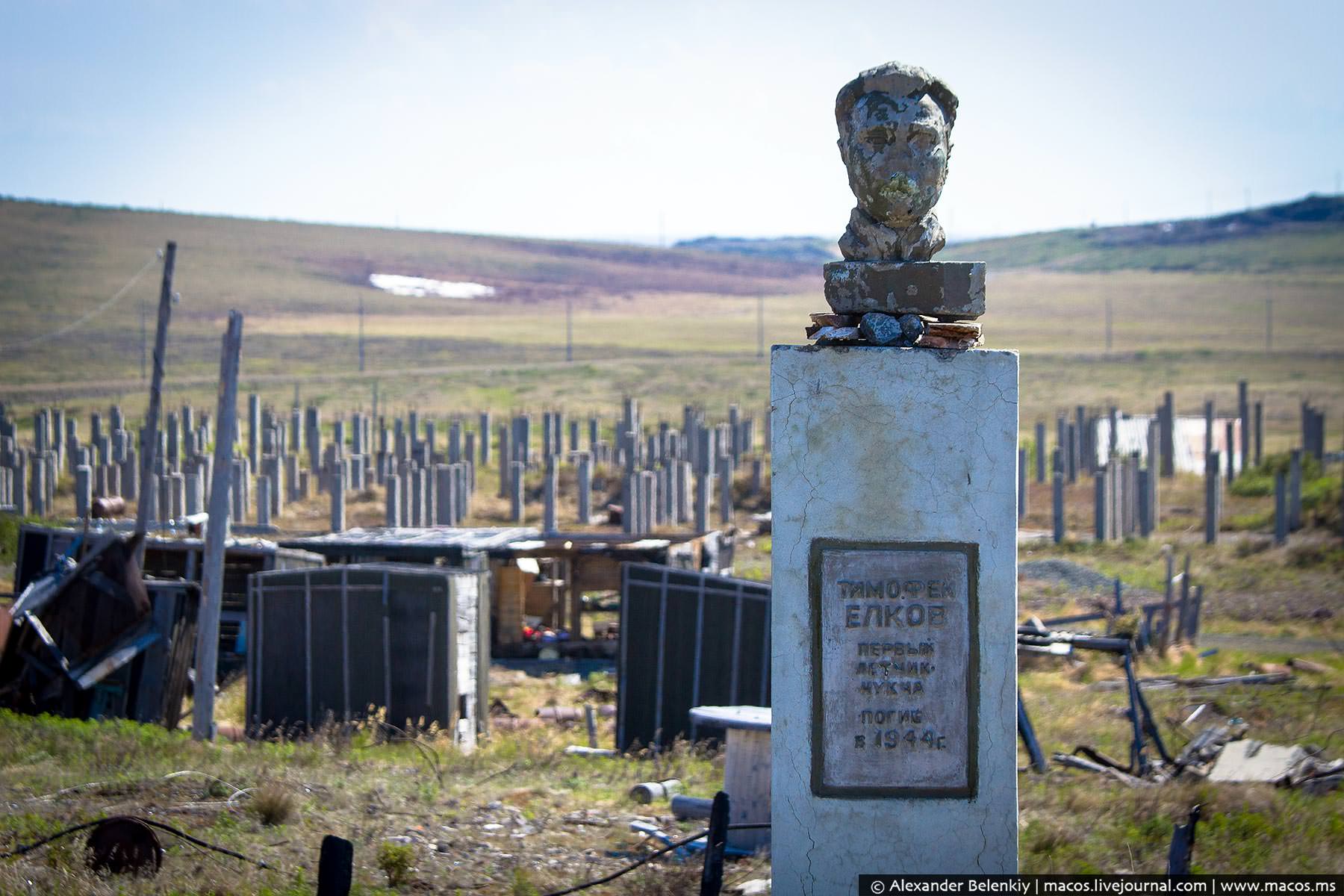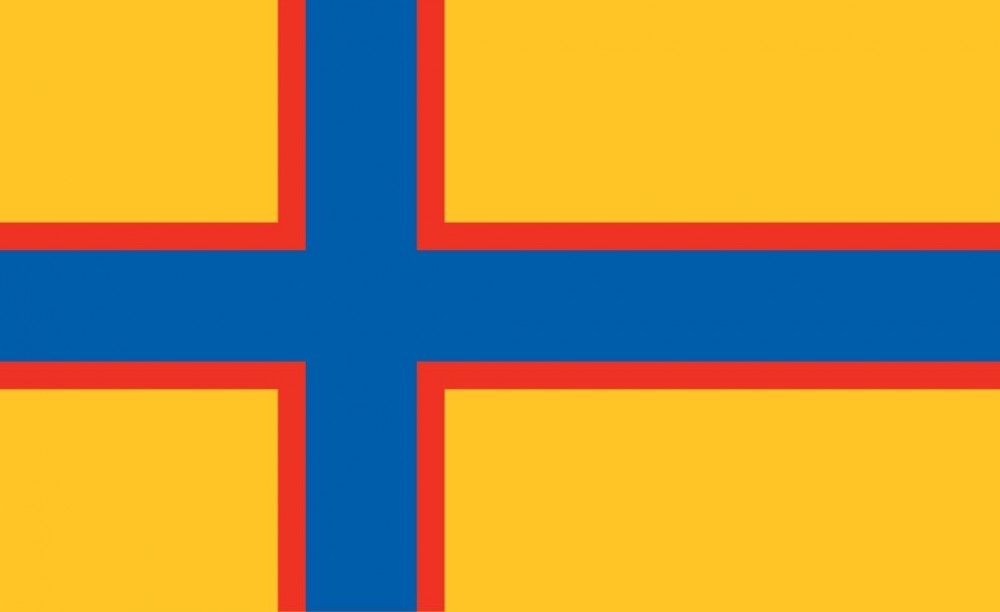Ukraine is often blamed for the fact that the Hungarian minority in Zakarpattia does not know the state language. This is somewhat similar to placing all blame on a daughter-in- law. The usual explanation goes something like this: “They don’t teach properly, the proper conditions have not been created, Ukrainian is too difficult for Hungarians, there are not enough teachers.” The excuses for not learning the language of the country where one lives are countless. There are quite a few cases where Hungarian-speaking students in colleges or universities present themselves at their 2nd or 3rd year exams and act if they have just arrived from another planet, not being able to say even a few phrases in Ukrainian. I wonder how they made it to the university? Furthermore, how do they cope in Uzhhorod, how do they communicate in stores, in dormitories? Do they use gestures?
The published results of the External Independent Testing (EIT) entrance exam (required for university admission –Ed.) are shocking. Zakarpattia ranks at the bottom again. For the third year in a row. And this is largely because of the national minority schools. In the Berehove district, where Hungarians make up 75% of the population, 63% of high school graduates could not pass the Ukrainian language exam. Almost every single one. There are villages where 100% of the students failed the test. According to Sviatoslav Babilia, coordinator of the Opera public oversight group for the EIT exam for the Zakarpattia Oblast, there are cases where high school graduates cannot even fill out the applications to take the exam by themselves.
Thus, the majority of the Hungarian-speaking schoolchildren in the Berehove district who studied Ukrainian for all these years could not demonstrate even the most rudimentary knowledge of the language. So what were they doing all this time? What was the Ukrainian state paying their teachers for?
And who is to blame that Hungarians do not know Ukrainian? Well, you and I are! Because we did “not provide,” or did not “generate interest” and so on. For some reason, no one blames the state for “not generating interest” in geometry or physics. Bu here it seems to be necessary to “generate interest” in the language of the largest country in Europe, the language of some forty million people, among whom live 0.3% Hungarian-speaking citizens.
Finally, the government has begun to bring some order into the distorted situation and has proposed one of the European options for supporting the schooling of national minorities. Instead of the “language ghetto” that some are developing successfully, a mixed system has been proposed: primary and elementary school will be conducted in the minority language, and then preference will be given to the state language. Meanwhile the language and literature of the minorities, along with a few more subjects, will be taught in the native language of the students.
For example, such a system exists in the Taras Shevchenko high school in Slovakia, the only Ukrainian high school in the country, where a few subjects are taught in Ukrainian and everything else in Slovak. And nobody is offended: after all, the graduates live in Slovakia, among Slovaks, who represent the same percentage in Slovakia as Ukrainians do in Ukraine. ( By the way, this is exactly the same situation in the only Slovak school in Uzhhorod, where several subjects are taught in Slovak and everything else in Ukrainian).
But this compromise (there was a much tougher option considered that did not include teaching in the minority language in nurseries and elementary schools) did not please the Hungarians either, who want to teach Ukrainian only as a “foreign” language. How they teach is evident from the exam results.
Ukraine must take care of its own interests

Any state must respond to such an extremely negative situation. By the way, Ukraine has thousands of Russian-language educational institutions, while Russia, with several million Ukrainians, does not have a single one! Putin is no fool and he is not willing to educate nationally conscious Ukrainians in Russia, and certainly not out of the Russian budget. There was one Ukrainian library, but even there the unfortunate director spent considerable time behind bars before being sentenced to 4 years imprisonment.
Similarly, in Ukrainian villages in Romania, the language of teaching in educational institutions is Romanian and not Ukrainian. There is only one Ukrainian-language institution for 51,000 Ukrainians — the Shevchenko high school in the town of Sighetu Marmatiei. (In Ukraine there are almost 150 Romanian language educational institutions for 150,000 Romanians).
It is all the more surprising to hear these countries criticize Ukraine’s new Education Law. The Hungarian minority, which has refused Ukrainian integration, is itself to blame for the situation that has developed in Zakarpattia. The results are deplorable. According to EIT data, almost 75% of this year’s graduates in the Berehove region did not pass the math exams, and 71% did not pass the English language exams. Moreover, these subjects were taught in the Hungarian language and the exams were conducted in Hungarian as well. However, in the mountainous Mizhirskyi district in Ukraine, which is considerably poorer and with far less potential, these terrible indicators are two times better. How can this be explained? Is Ukraine to blame again?
Obviously, the level of schooling in the Hungarian-speaking villages needs to be improved. No wonder Budapest is paying extra to the teachers who work there. The more mobile people have already left. Now those who have remained want to leave. The Berehove region holds the first place in Zakarpattia for declining attendance in the schools. The Hungarian minority is gradually emigrating. Note that this was the situation before the adoption of the Ukrainian language laws. And one of the reasons is the lack of prospects in Ukrainian society (including not knowing the state language).
What can the state do in such a situation? Naturally, change the situation. Because it is not Ukraine’s responsibility to educate workers for the Hungarian state, where most of the educated Hungarian-speaking youth from Zakarpattia end up. We need to take care of our own. Every state has its own interests. And the smart person will always protect his interests, even despite the reluctance of his neighbor.








